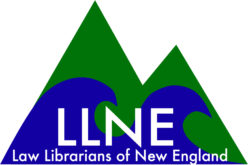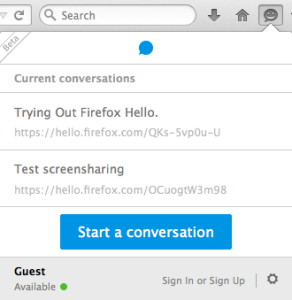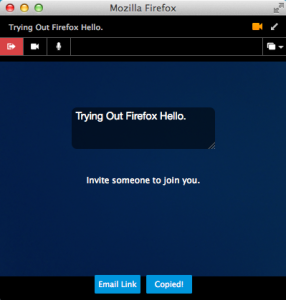By the LLNE Service Committee
Earlier this summer the Service Committee launches its legal research web portal aimed at public librarians, LLNE Legal Link. It got a great reception at AALL in Philadelphia and the Committee hopes to continue expanding the project over the next year. The Committee developed postcards to help publicize the project to public librarians. Please consider picking some up at the upcoming Fall LLNE meeting and bring them back to public libraries near you.
Currently, the portal hosts a directory of public law libraries available in each state, as well as information on how a bill becomes a law in each New England state. The Legal Link will likely expand to connect its users to local legal aid organizations, legal research guides for a variety of topics, best practices, and links to state statutes, court rules and regulations. While the main goal of Legal Link is to serve as a clearinghouse for legal information, we are also interested in creating commentary and new content to help explain how to adequately use these resources.
At AALL, the Committee also presented a poster session describing its work on the public library legal book drive during 2013-2014. It was the only poster session during AALL that a chapter had created and there was interest in potentially recreating the project from other chapters across the country.
Over the next year, the Committee will continue its work on LLNE Legal Link and also develop roles for LLNE members who may want to contribute to the project without serving as an official member of the committee. These members would provide assistance with concrete tasks or questions the Committee has. If you are interested in learning more please contact a Service Committee member.


